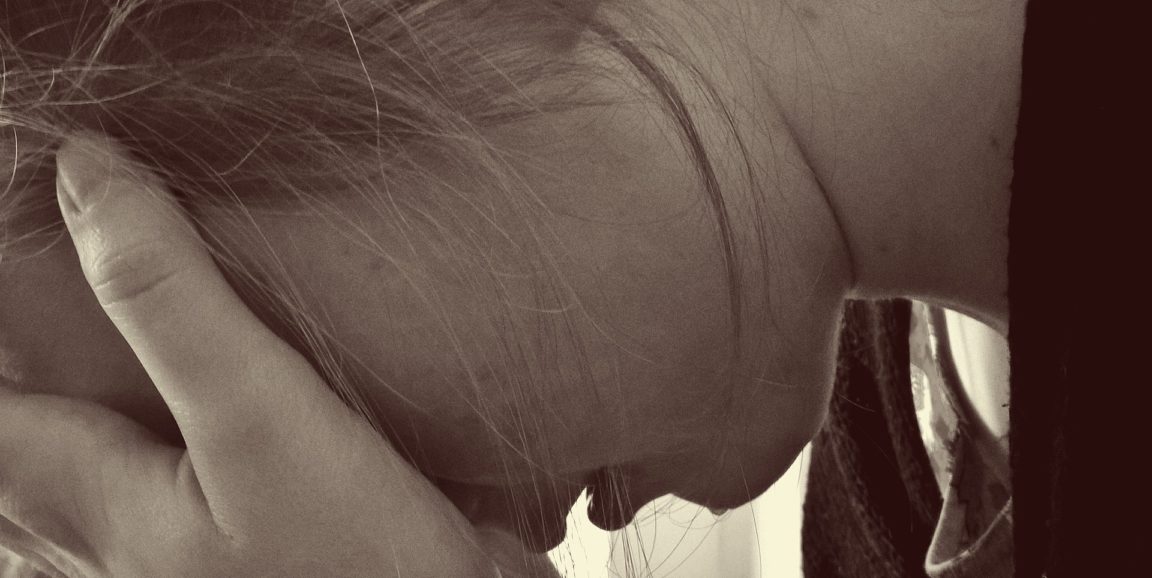Many hospital psychiatrists work in emergency rooms, psychiatric wards and intensive care units where they treat patients who have intentionally harmed themselves. Stanford psychiatry resident Nathaniel Morris, MD, writes about his experiences caring for suicidal patients in a recent opinion piece in JAMA.
Depression, psychosis, substance abuse, post-traumatic stress disorder or other psychiatric illnesses can drive individuals to cause themselves severe physical harm, he writes.
Once life-saving measures are taken, hospital psychiatrists are called in whenever self-inflicted injuries are suspected. "We play a part in stabilizing patients, from evaluating whether patients need involuntary commitment, to managing agitation, to reviewing patients' home psychiatric medications," Morris says. But at the core, psychiatrists try to figure out why the patients hurt themselves, he adds.
While caring for these deeply ill patients, psychiatrists need to manage their own emotions, Morris says. In the piece, he depicts what it feels like when he walks into the rooms of suicidal patients, having to hide his reaction to their shocking injuries and, following the advice of a senior physician, "act like he's seen worse."
He also admits his concern over releasing patients once they are doing better:
Yet I always have a sinking feeling as discharge dates approach. I worry about what will happen when my patients leave the controlled environment of the hospital... I try to accept that I cannot control my patients' fates. But their stories stay with me. When I leave the hospital, I often find myself scanning the faces around me, looking for the ones seared into my memory, hoping to see that my patients are okay.
It is work he never completely leaves behind, Morris confesses. His experiences offer him a closeup look, albeit a pain-filled one, into the lives of the mentally ill.
So Morris hopes to spread awareness of the harm caused by depression and other psychiatric issues, explaining in the piece:
Americans worry that people with mental illness will hurt others, but we don't talk enough about the horrors that distressed people inflict on themselves.
Photo by Counseling




